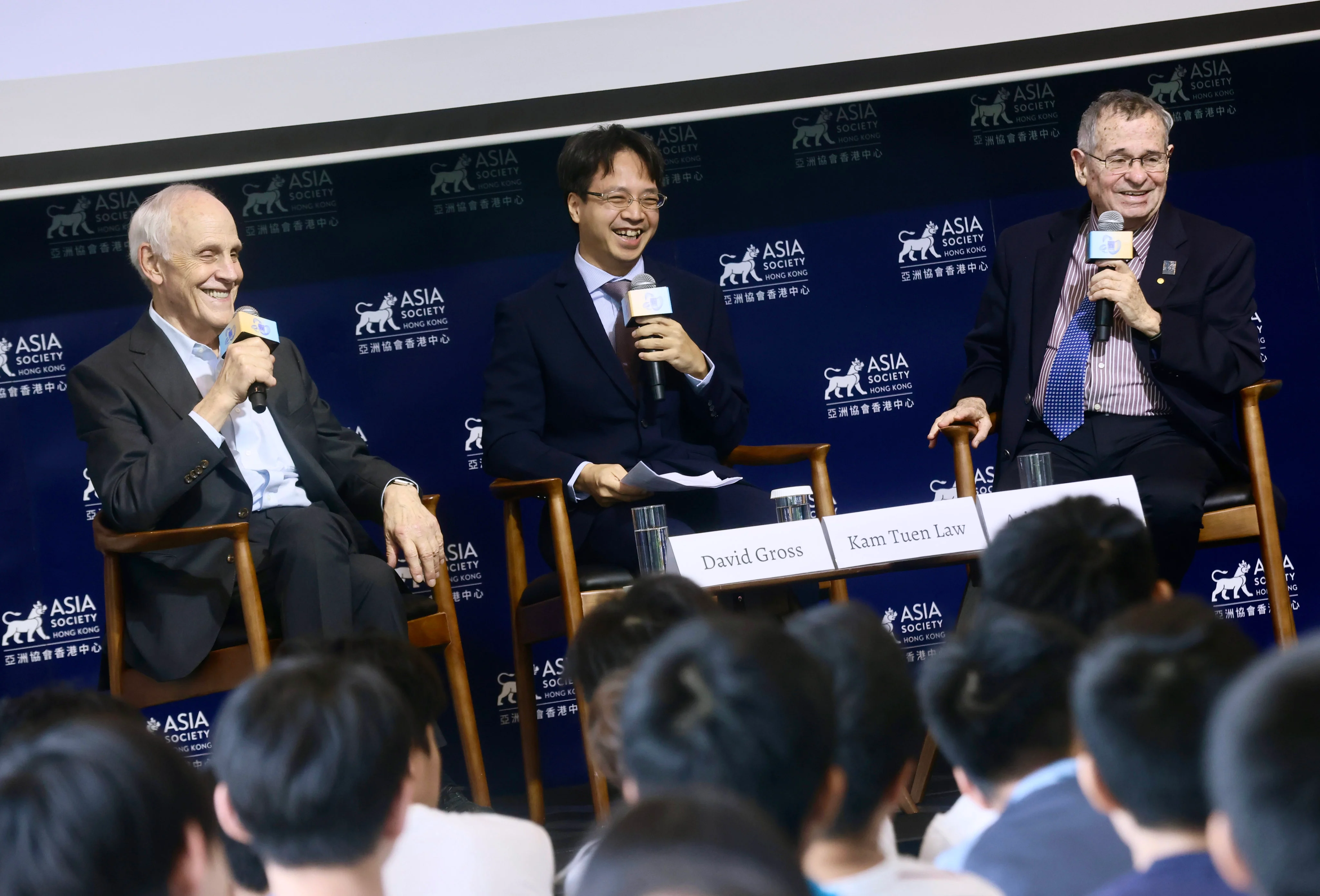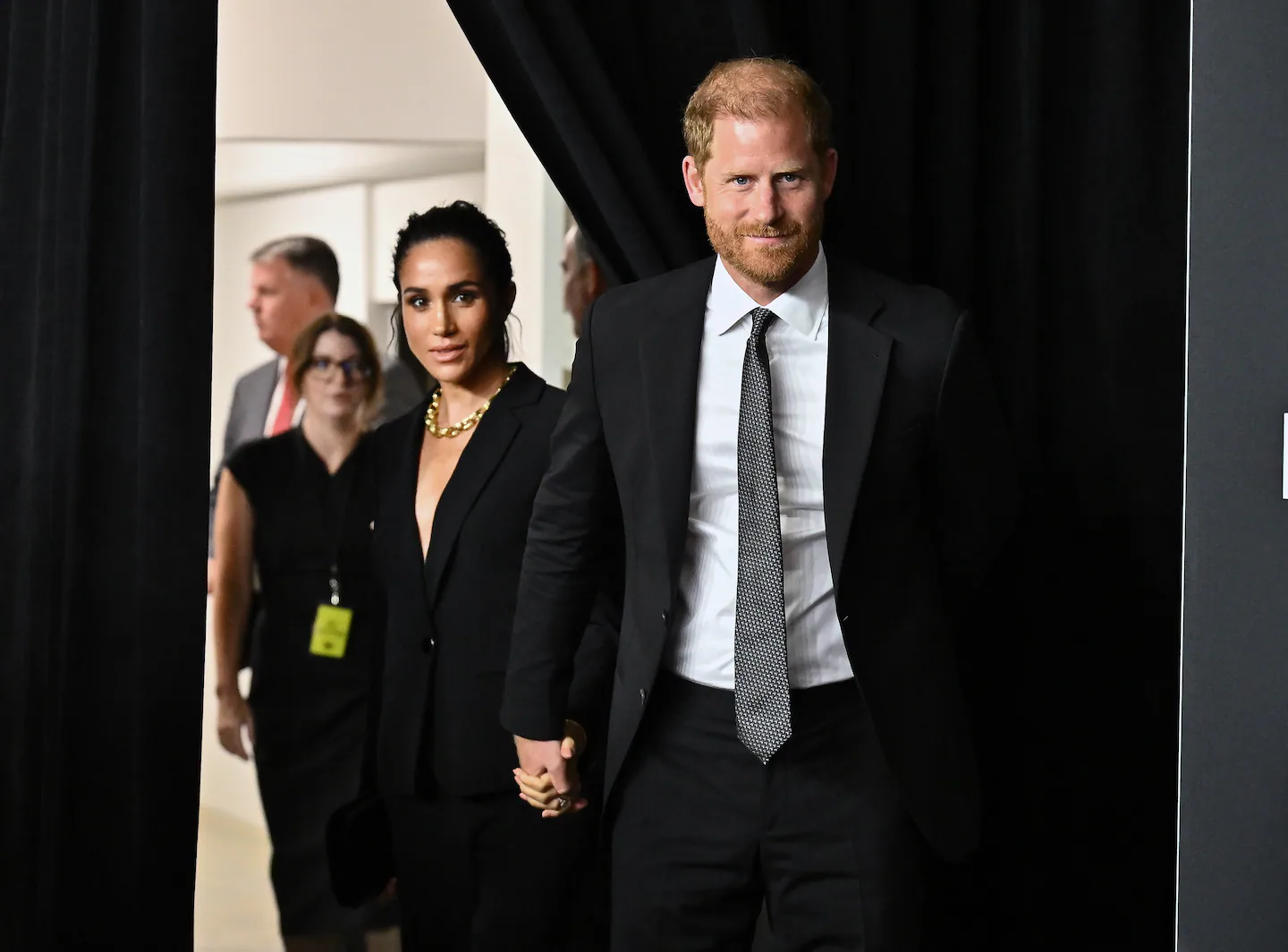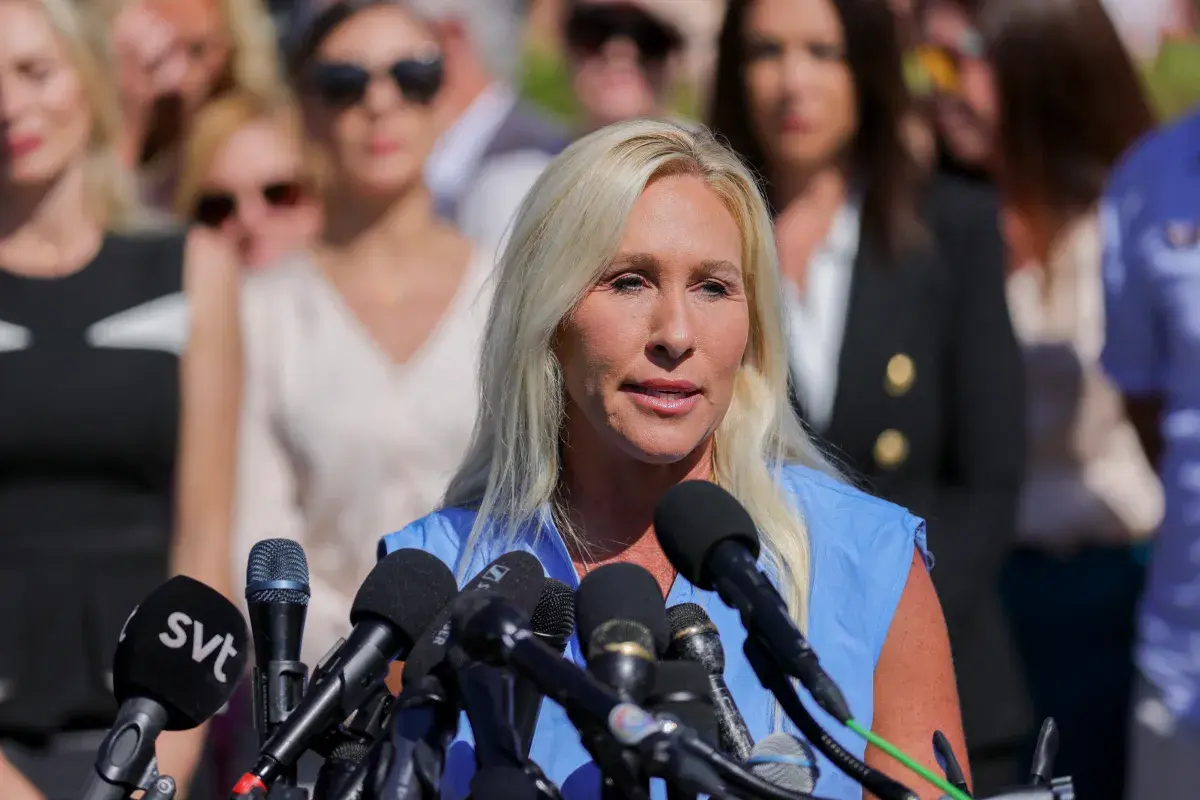Copyright scmp

A pair of Nobel Prize winners have warned against overhyping the capabilities of artificial intelligence (AI) at a speaking event in Hong Kong, with one urging young people not to be a “slave” to the emerging technology. Professors David Gross, winner of the Nobel Prize for physics in 2004, and Arieh Warshel, winner of the chemistry prize in 2013, also commended Hong Kong’s education system and the city’s focus on scientific research and innovation. Gross and Warshel were speaking at a talk hosted by the Hang Lung Mathematics Awards and Asia Society Hong Kong on Sunday, exploring the theme of fundamental science and the age of AI. Asked whether the world was entering a new AI era, Gross, who teaches at the University of California, Santa Barbara, said: “I think there is an enormous amount of hype.” “I’m not that impressed by AI as an intelligent machine,” said Gross, who co-won the prize for his contributions to the understanding of how the smallest particles interact with each other. AI had “great capabilities” given enough data and could make “reasonable conjectures” to what would be considered a good answer, Gross said, but he noted that technology was also capable of lying and was often wrong. “It is certainly not intelligent as everyone in this room is, and I doubt whether it will replace or destroy us,” he told the audience. Nevertheless, he acknowledged the technology could serve as a computational tool to expand the possibilities of scientific research, citing the exponential development of computers over the past few decades. Warshel, who co-won the prize for his development of multiscale models for complex chemical systems, also cautioned young people about becoming too reliant on the technology. It was very tempting to use large language models such as ChatGPT given their popularity and ability to produce “good predictions”, said Warshel, who teaches at the University of Southern California. But he added that it was important to understand why the programme was giving you that answer, and for the time being they were incapable of providing such a reason to users. “So my only point to you is [to] be careful,” he said. “Try to still stick to physical studies, because otherwise you will be the slave of the AI.” Hong Kong’s government has earmarked AI development as a key priority in its effort to reorient the city’s economy towards scientific research, technology and innovation. The city launched its first Artificial Intelligence Supercomputing Centre in Cyberport in December, while another was planned for Sandy Ridge in the Northern Metropolis – part of a government blueprint to transform a large swathe of land in the New Territories into an economic hub. The government envisions building a 300-hectare (741-acre) international innovation and technology hub, dubbed the San Tin Technopole, in the megaproject, alongside its traditional international financial centre in Central on Hong Kong Island. Gross and Warshel, who are both familiar with Hong Kong, commended the city for its recent push to become a scientific hub. “I think that Hong Kong is doing quite well scientifically, and probably it will continue to do so,” said Warshel, who is affiliated with the Chinese University of Hong Kong, Shenzhen. Gross, who said he had been visiting Hong Kong for many years, expressed that he always felt the city had “more possibilities” in the sciences. He highlighted the city’s educational system and what he described as its very smart young people. “There’s definitely lots of opportunity in the direction Hong Kong seems to be moving,” he said.



